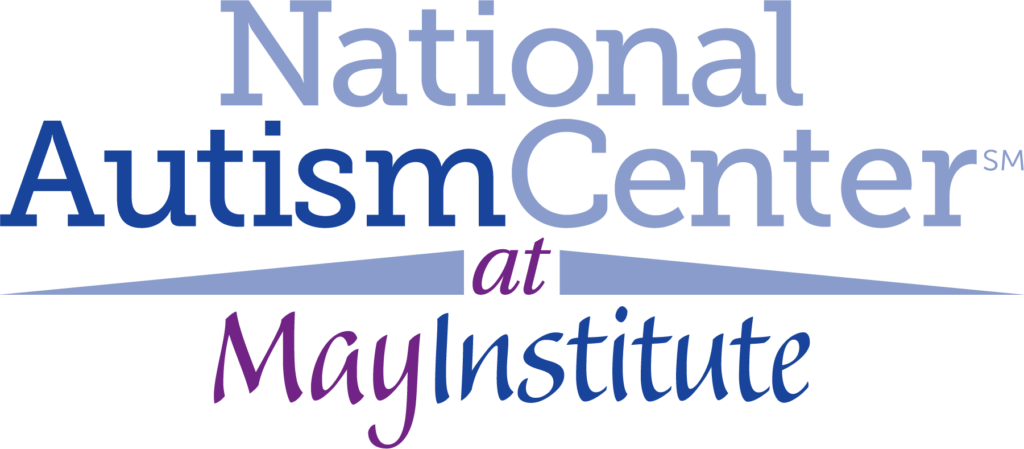Recent posts
Diagnosing Autism Spectrum Disorder (ASD)
By: Marisa Petruccelli Morelos, Psy.D
Worries about language delay are often among the first concerns parents raise when they bring their child in for an autism assessment. There can be many reasons for a language delay, such as a language disorder, an intellectual disability, a hearing impairment, or even trauma or neglect. It can also be an early indicator of autism spectrum disorder (ASD).
ASD is a neurodevelopmental disability. The Diagnostic and Statistical Manual of Mental Disorders (DSM V) categorizes the symptoms of ASD into two areas: social communication deficits, and restrictive, repetitive behaviors. Symptoms must be present in the early developmental period, but could be exhibited later when social demands increase.
There is not yet a definitive medical test for ASD. Children with ASD are currently diagnosed by professionals such as pediatricians, neurologists, psychiatrists, or psychologists who gather information about their developmental history and observe them directly.
When determining whether or not a child meets criteria for ASD, professionals will also gather information on social interactions and behavior, including repetitive or unusual interests or mannerisms. In addition to delayed or unusual speech (e.g., repetitive vocalizations, echoing other’s speech, etc.), other early signs that a toddler might have ASD include:
- poor eye contact
- not responding to sounds, voice, or own name
- limited use of gestures (such as pointing or waving goodbye)
- unusual play interests (e.g., no pretend play with toys, lining up blocks, spinning the wheels on cars)
- infrequent attempts to direct other’s attention by showing or pointing to interesting things
- atypical motor mannerisms (e.g., walking on tip toes or flapping hands)
- over or under sensitivity to the environment or sensory input (e.g., loud noises, clothing textures, visual fascination with light or movement)
- loss of skills at any time
Almost all of these behaviors are somewhat related to verbal and nonverbal communication and involve the way children interact with their parents, siblings, and other children. For this reason, it is important to discuss any social-communication difficulties your child may be experiencing with a pediatrician and to raise the question of ASD. But do not automatically assume that your child has ASD just because s/he has communication difficulties.
Signs of ASD in older children might include difficulty making friends, appearing awkward in social interactions, having difficulty understanding others’ social cues and emotions, and having trouble with conversations around topics that are not of interest to them. These symptoms may be present for other reasons, such as dealing with the complex social world of adolescence. However, the presence of these symptoms may suggest the need for further evaluation.
If you have any concerns about your child’s development, you should talk to your pediatrician or another service provider as soon as possible. Early assessment and intervention are crucial in helping children with autism make progress and be successful at home, in school, in their communities, and into adulthood. Parents are often the best advocates for their children in seeking and obtaining services. The National Autism Center and other organizations such as the Autism Society of America and Autism Speaks can provide helpful information and resources to help parents get started.
Marisa Petruccelli Morelos, Psy.D, is a psychologist at the May Center for Evaluation and Treatment.

